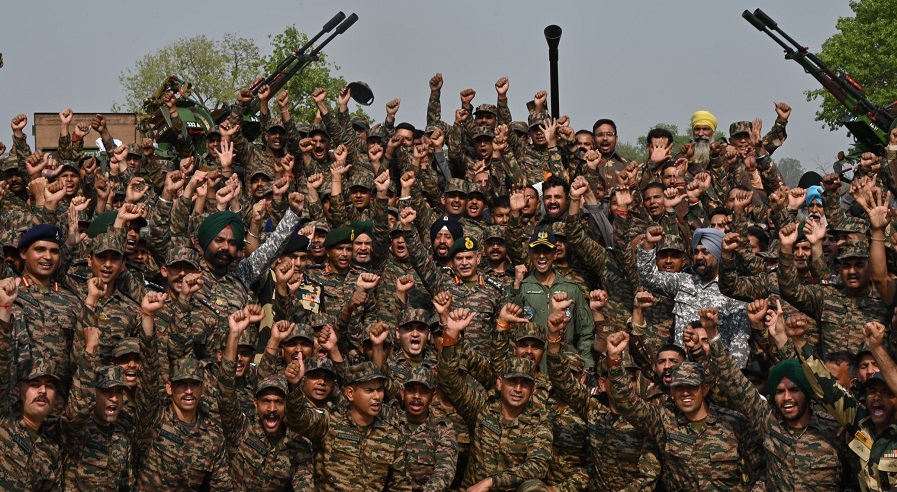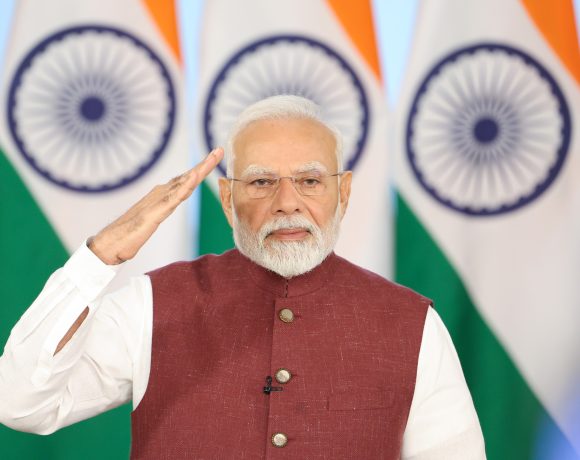
Indian Forces Kill Three Behind Pahalgam Attack
Indian security forces have eliminated three Pakistani nationals who were allegedly responsible for the deadly April 22 Pahalgam terror attack in Jammu and Kashmir. Home Minister Amit Shah informed Parliament on July 29 that the operation—named Operation Mahadev—was carried out in the Harwan-Dachigam area near Srinagar.
The three men killed were identified as Suleman (also known as Hashim Musa), Afghan, and Jibran, all of whom had entered India from Pakistan and were hiding with the help of local sympathizers. Their identities were confirmed through forensic matching, recovered documents, and confessions from captured accomplices.
Attack Targeted Civilians Based on Religion
According to Shah, the attackers specifically targeted tourists based on their religion during the Pahalgam massacre, which killed 26 people, including women and children. He said the operation was meticulously planned and had logistical backing from across the border. Indian forces acted on detailed intelligence and successfully traced the militants after weeks of surveillance and local interrogation.
Diplomatic Fallout and Military Response
The April attack led to a four-day military escalation between India and Pakistan, with India launching Operation Sindoor in retaliation. It marked one of the most intense face-offs between the two nations in recent years. India has maintained that its military objectives were achieved and dismissed claims that international pressure led to a ceasefire.
Pakistan, on the other hand, denies involvement in the Pahalgam incident and has called for an independent investigation—claims India has rejected as diversionary.
Government and Public Response
Prime Minister Narendra Modi praised the forces for their swift and effective action in neutralizing those behind the Pahalgam massacre. The government reiterated its commitment to a zero-tolerance policy against terrorism, especially those originating from across the border.
The successful operation has brought some closure to families of the victims, though the political and diplomatic ramifications of the cross-border crisis continue to evolve.


















